
Gastroduodenal ulcer disease refers to ulcers found in the cat's stomach and/or duodenum, the first section of the small intestine.
These ulcers are less common in cats as compared to dogs. If you would like to learn more about how the disease affects dogs, please visit this page in the PetMD health library.
There are many symptoms that can develop as a result of gastroduodenal ulcers, of which some may remain undetected until the cat's condition becomes severe. For instance, cats are less likely to show clinical evidence of gastrointestinal bleeding.
The following are some of the more common symptoms:
Accidental poisoning is one of the leading causes of gastroduodenal ulcer disease. This can be in the form of plant intoxication (e.g., mushrooms, castor beans, sago palm), pesticide or rodenticide toxicity, chemical poisoning (e.g., ethylene glycol, phenol), or heavy metal poisoning (e.g., zinc, iron, arsenic).
Other common causes of gastroduodenal ulcer disease include:
Your veterinarian will take a detailed history and after conducting the physical examination on your cat, routine laboratory testing will be carried out. Complete blood count, biochemistry profile, and urinalysis can help in diagnosing this problem along with complications, if any.
Blood testing, for example, may reveal anemia in patients with bleeding, whereas in cases with chronic blood loss, iron deficiency anemia may be seen. In some cats, decreased number of platelets (cells important for blood clotting) and white blood cells may be seen. Fecal material is also analyzed to see if blood is present in it or not, while abdominal X-rays and ultrasounds assist in diagnosing any foreign body, mass in the stomach or duodenum.
In case of tumor, thoracic X-ray may help in finding the metastasis of tumor to lungs. Endoscopy, a procedure in which a veterinarian will look directly into the stomach and duodenum using an endoscope, is the method of choice for definitive diagnosis. In addition, endoscopy allows the veterinarian to remove any foreign bodies and take a biopsy. A rigid or flexible tube will also be inserted in the stomach and duodenum in order to take photographs.
The ultimate goal is to treat the underlying cause while easing the cat's symptoms. However, gastroduodenal ulcers are sometimes associated hemorrhaging, shock, or severe abdominal infection. In these cases, intensive care is required until the cat becomes stable. Fluids are given to maintain body fluid level and in some patients blood transfusion may be required to overcome deficit cause by extensive bleeding.
If the bleeding continues, your veterinarian may infuse ice water in the cat's stomach for 20 to 30 minutes to help in stopping bleeding. Surgery may be also be required in cats with perforated stomach or intestinal ulcers, or if tumors are present.
The complete resolution of problem depends upon the underlying cause and extent of problem. However, it is best if you do not allow the cat to move much immediately after surgery. Regular monitoring, as well as repeat follow-up examinations, are required to verify the progress of the cat.
In cases of severe vomiting, oral feeding should be discontinued until the cat recovers. A low fat diet in small amounts will then be introduced slowly.
Never use over-the-counter pain relieving medicines in your cat without consent of veterinarian as some of these pain relievers can seriously damage the stomach wall and further aggravate ulcers.
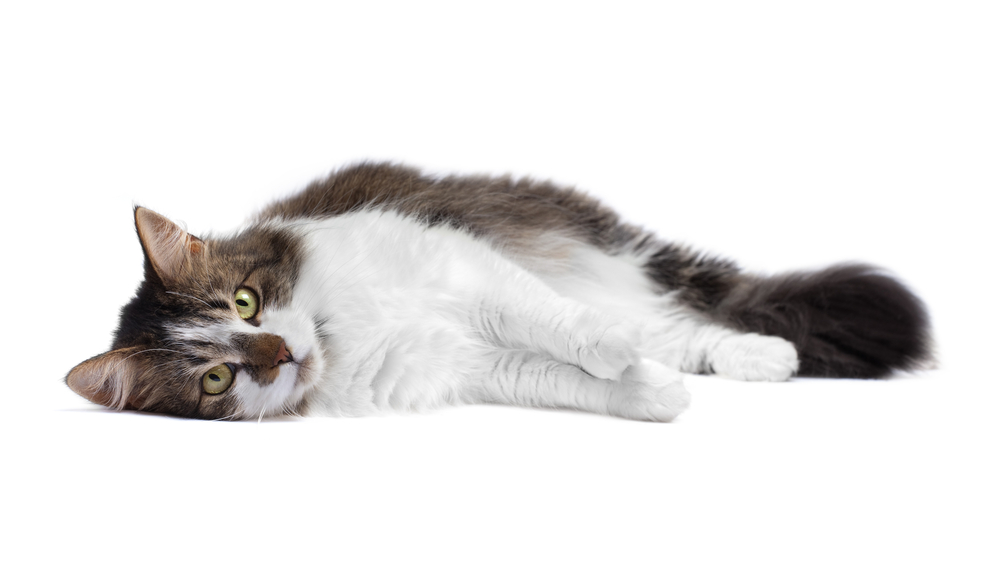 Estrus Symptoms after Spaying in Cats
Ovarian Remnant Syndrome in Cats
An ovariohystere
Estrus Symptoms after Spaying in Cats
Ovarian Remnant Syndrome in Cats
An ovariohystere
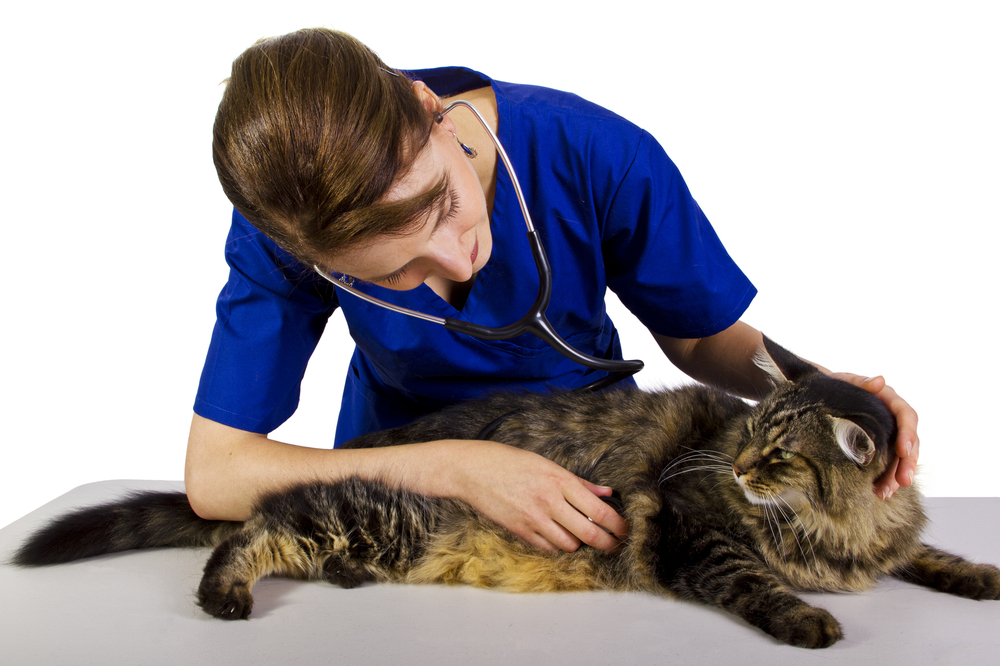 Fibrotic Hardening of the Lungs in Cats
Pulmonary Fibrosis in Cats
Cats can suffer from m
Fibrotic Hardening of the Lungs in Cats
Pulmonary Fibrosis in Cats
Cats can suffer from m
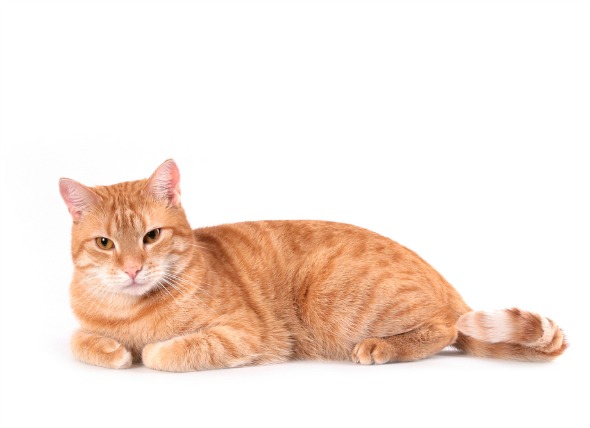 Paralysis in Cats
Loss of Body Movement in Cats
A cat’s abili
Paralysis in Cats
Loss of Body Movement in Cats
A cat’s abili
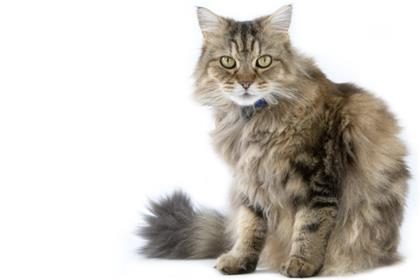 Ringworm in Cats
Dermatophytosis in Cats
Dermatophytosis is t
Ringworm in Cats
Dermatophytosis in Cats
Dermatophytosis is t
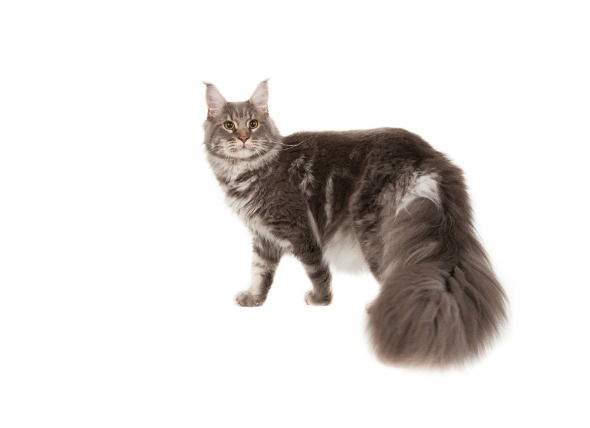 Hip Dysplasia in Cats
Malformation and Degeneration of the Hip Joints in Cats
Hip Dysplasia in Cats
Malformation and Degeneration of the Hip Joints in Cats
Copyright © 2005-2016 Pet Information All Rights Reserved
Contact us: www162date@outlook.com